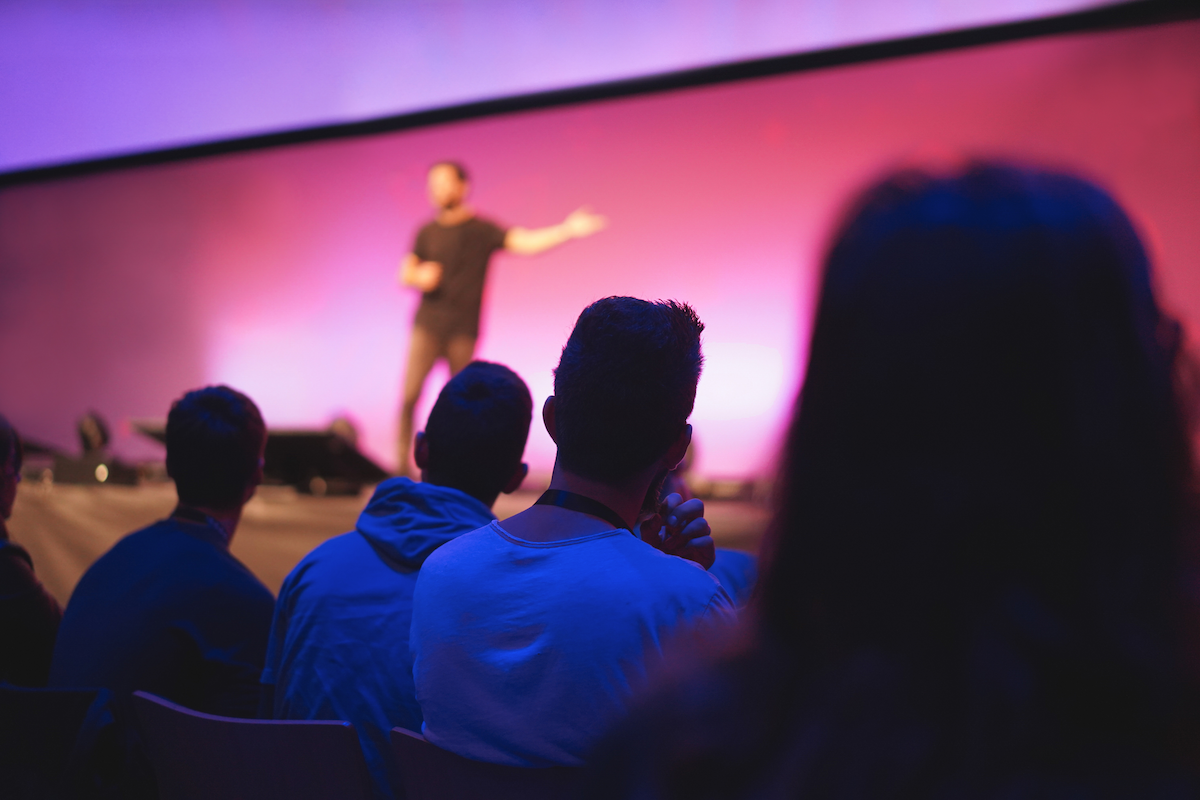In the digital era, data has become the lifeblood of marketing. It provides valuable insights into customer behavior, preferences, and trends, enabling marketers to create targeted, effective campaigns. In the realm of event marketing, the importance of data is no less significant. According to a report from Forrester, companies that excel at data-driven marketing are more likely to have an advantage over their competition.
The Role of Data in Event Marketing
Data plays a crucial role in every stage of event marketing, from planning and promotion to execution and post-event engagement. It provides insights into who your attendees are, what they are interested in, and how they engage with your event.
For example, demographic data can help you understand who your attendees are, enabling you to tailor your event content to their interests. Behavioral data, such as which sessions attendees participate in or how they engage with your event app, can provide insights into what they value and how they prefer to interact.
Data also plays a critical role in measuring the success of your event. It can help you track attendee engagement, measure event ROI, and identify areas for improvement.
Leveraging Data for Personalization
One of the most powerful ways to use data in event marketing is for personalization. By understanding attendee preferences and behaviors, you can create a personalized event experience that resonates with attendees and fosters deeper brand connections.
For instance, if the data shows that a group of attendees is particularly interested in a specific topic, you can tailor the event content to their interests. If the data reveals that certain attendees prefer interactive sessions, you can incorporate more interactive elements into the event for these attendees.
Moreover, data can also be used for personalized post-event communications. By understanding what each attendee valued about the event, you can send personalized follow-up emails that resonate with their interests and experiences.
The Future of Data-Driven Event Marketing
As technology continues to evolve, the possibilities for data-driven event marketing are set to grow. With advancements in artificial intelligence and machine learning, event marketers will be able to analyze larger datasets and gain even deeper insights into attendee behavior.
In the future, we may see events that are fully personalized based on data, with real-time adjustments being made based on attendee behavior during the event. We may also see more sophisticated measurement of event success, with data being used to track not just attendee engagement, but also the long-term impact of the event on brand loyalty and revenue.
In the realm of event marketing, data is not just a tool; it’s a strategic asset. By leveraging the power of data, event marketers can create personalized experiences that resonate with attendees, measure event success, and continuously improve their strategies. In the digital age, successful event marketing is all about understanding and leveraging data to deliver value to attendees and drive long-term success for your brand.
